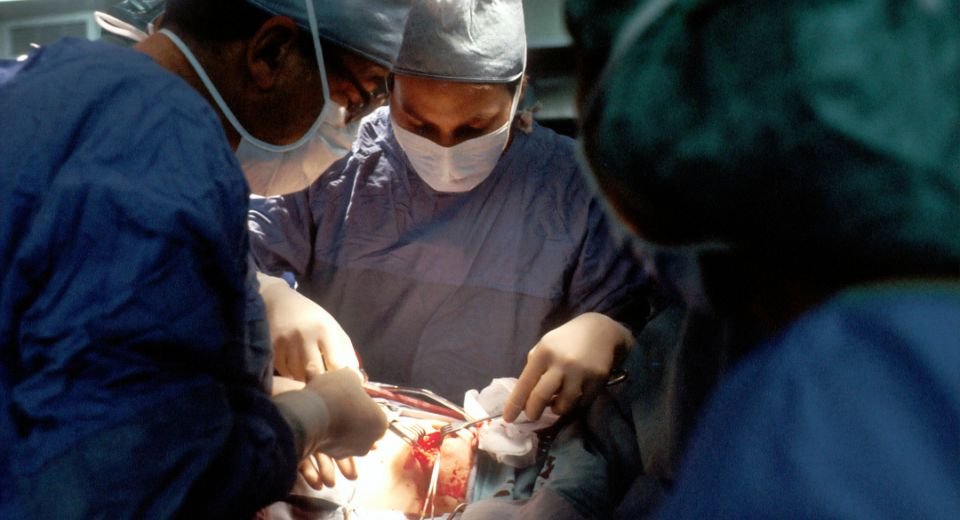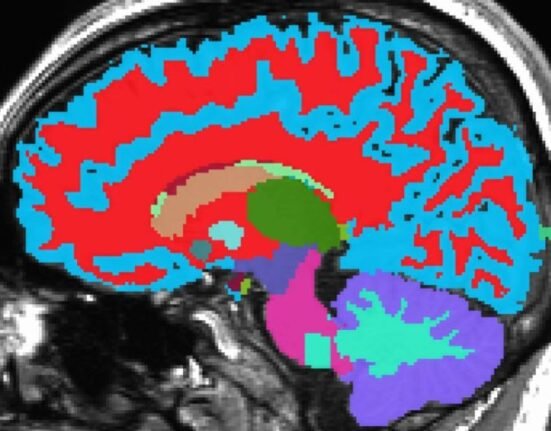HQ Team
March 21, 2024: Richard Slayman, 62, of Weymouth, Massachusetts, became the first human to receive a kidney from a genetically modified pig, according to a statement from Massachusetts General Hospital.
Surgeons from the Mass General Transplant Center conducted a four-hour-long surgery on March 16 on Slayman, living with an end-stage kidney disease.
“The procedure marks a major milestone in the quest to provide more readily available organs to patients,” according to the statement.
The pig’s kidney was provided by eGenesis of Cambridge, Massachusetts, from a pig donor that was genetically edited using CRISPR-Cas9 technology to remove harmful pig genes and add certain human genes to improve its compatibility with humans.
Scientists inactivated retroviruses in the pig donor to eliminate any risk of infection in humans. Over the past five years, the hospital and eGenesis have conducted extensive collaborative research, with the findings published in Nature in 2023.
Xenotransplantation
The successful procedure in a living recipient is a historic milestone in the emerging field of xenotransplantation – the transplantation of organs or tissues from one species to another – as a potential solution to the worldwide organ shortage, according to the statement.
According to the United Network for Organ Sharing, more than 100,000 people in the US await an organ for transplant and 17 people die each day waiting for an organ.
A kidney is the most common organ needed for transplant, and end-stage kidney disease rates are estimated to increase 29-68% in the US by 2030, according to literature published in the Journal of the American Society of Nephrology.
“Nearly seven decades after the first successful kidney transplant, our clinicians have once again demonstrated our commitment to provide innovative treatments and help ease the burden of disease for our patients and others around the world,” said Anne Klibanski, MD, President and CEO, Mass General Brigham.
Type 2 diabetes
Slayman, who has been living with Type 2 diabetes had previously received a kidney transplant from a human deceased donor in December 2018, performed at the Massachusetts hospital.
He had been on dialysis seven years prior. The transplanted kidney showed signs of failure approximately five years later and Slayman resumed dialysis in May 2023.
Since resuming dialysis, he encountered recurrent dialysis vascular access complications requiring visits to the hospital every two weeks for de-clotting and surgical revisions, significantly impacting his quality of life and a common problem among dialysis patients.
The procedure was performed under a single FDA Expanded Access Protocol – known as compassionate use.
No therapies exist
It is granted to a single patient or group of patients with serious, life-threatening illnesses or conditions to gain access to experimental treatments or trials when no comparable treatment options or therapies exist.
“Seventy years after the first kidney transplant and six decades following the advent of immunosuppressive medications, we stand on the brink of a monumental breakthrough in transplantation,” Leonardo V. Riella, MD, PhD, Medical Director for Kidney Transplantation, at the Massachusetts General Hospital, said.
At Massachusetts General Hospital alone, “there are over 1,400 patients on the waiting list for a kidney transplant,” Riella said.
“Some of these patients will unfortunately die or get too sick to be transplanted due to the long waiting time on dialysis. I am firmly convinced that xenotransplantation represents a promising solution to the organ shortage crisis.








